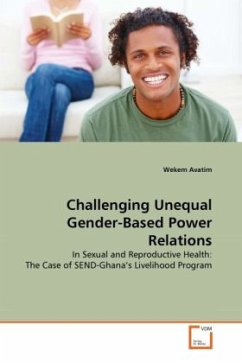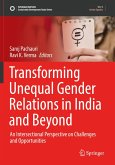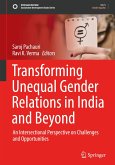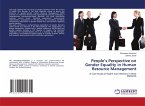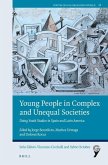1995 Fourth World Conference on Women in Beijing, there has been a growing recognition for the need to address issues of unequal genderbased power relations in sexual and reproductive health at the research, policy and programming implementation levels as sexuality and gender have been noted to determine demographic and reproductive health behaviours. As such, it has been recommended that for sexual and reproductive health intervention programs and policies to be effective it is crucial to design them to both empower women to manage their sexuality safely and effectively and involve men to play positive, proactive and responsible roles in promoting their health and that of their families. This book provides an experience of how SEND-Gh a n a 's Ea ste r n Corridor Livelihood Security Promotion Program in rural northern Ghana works to empower women and involve men to promote gender equity in sexual and reproductive health. An analysis of the program clearly shows that programs that actively involve men enhance their ability to overcome socio-cultural factors that reinforce dominant notions of masculinity and improves communication between partners.
Bitte wählen Sie Ihr Anliegen aus.
Rechnungen
Retourenschein anfordern
Bestellstatus
Storno

